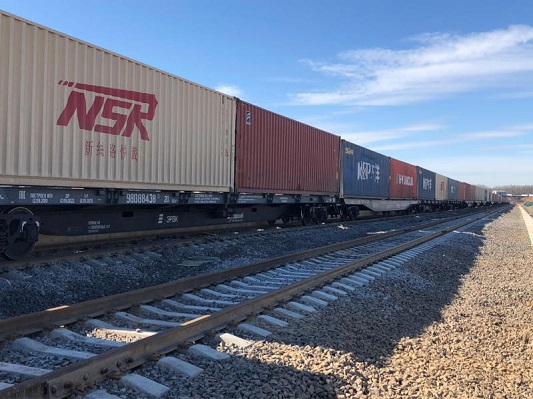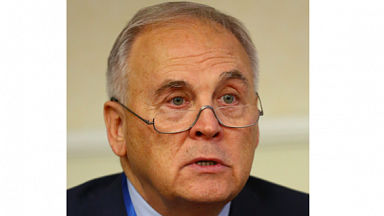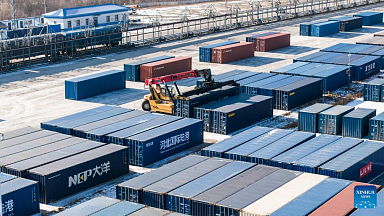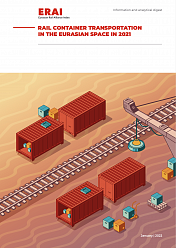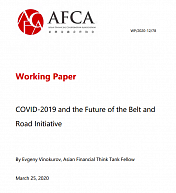With the climate change agenda squarely on the table, there were high-hopes that Britain would finally see the sort of engagement optimists have so long expected from Silk Road trade. However, while the containers have continued to pile up on the quaysides, precious little has been added to the manifests coming through the Channel Tunnel. With the European Silk Road Summit in Amsterdam this week, there is a real danger of the British voice being lost, and the UK engagement with Silk Road routes being marginalised.
Overland trade fails to get its feet wet
It seems a long time since that cold January morning in 2017, when Yiwu was connected to Barking in London with the very first New Silk Road train to reach the UK from China. Since then, it seems that almost all the excitement has failed to make the short sea crossing from Hamburg, Rotterdam or Antwerp. The development of overland trade has very much failed to get its feet wet in the cold waters of the North Sea.
Eurotunnel
In the same way as the mammoth truck jams did not materialise in Kent, there has been very little in the way of new rail traffic through the Channel Tunnel either. While the operators of the Tunnel’s shuttle services have been talking up good recovery figures, there has been a deafening silence from the UK side of the link. Brexit cannot be ignored, but is that the only reason for Britain falling out of love with overland trade?
EU routing an administrative challenge
The fifth European Silk Road Summit, bring held in Amsterdam and online this week, puts the European challenges at the heart of the agenda. How much the UK figures in that debate is very much up to the perceived enthusiasm of UK industry. The problem, often expressed by British interests, is the administrative headache of trading with the European mainland after Brexit. Despite the Silk Road routes lying almost entirely out of the EU, the concern is that even sending or receiving goods through the EU represents too much of an administrative challenge, when compared to direct but slower maritime routes.
There is no shortage of international trade with the UK. Anyone in the rail freight industry will testify to the demand for lifting effort from ports around the country. Felixstowe of course makes many headlines, as the Suffolk port is the busiest intermodal facility in the UK, but Southampton, Liverpool, London and others are all receiving more shipping and handling more rail-borne trade.
Make the British voice heard
There is a feeling that British relations with China are a factor, and it is the political climate, rather any other flavour of change, that is discouraging enthusiasm. However, as will be discussed at the Silk Road Summit, the opening of intermediate routes would allow the UK to trade directly with historical markets in the Middle East, India and South East Asia. How practical that might be is another debate, but Manchester to Mumbai, for example, could be the sort of future flow that makes more sense by rail, and appeals to the trade agenda of the UK government.
For now, the containers continue to pile up at the ports, and the paperwork for cross-Channel workings is piled almost as high on the desks of logistics operators up and down the UK. The optimism around that Silk Road arrival in Barking back in 2017 may now be as cold as the weather that frosty morning. Is Brexit responsible for the UK exit from the Silk Road. That is a question that is certain to be asked in Amsterdam this week. Whether Britain has an answer remains to be seen.
Physical attendance at the European Silk Road Summit is fully subscribed, but interactive online tickets are still available. Key sessions will be reported in a live blog here on Railfreight.com
